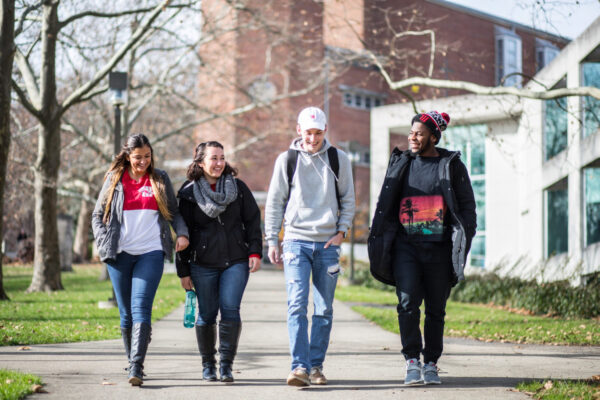Responding to the Graduate Student Loan Crisis
Title: Graduate Student Debt: Ideas for Reducing the $37 Billion in Annual Student Loans That No One is Talking About
Source: Center for American Progress
Author: Ben Miller
A recently published report from the Center for American Progress (CAP) proposes several ways to reduce the student loan crisis, focusing on graduate students. According to the report, graduate students account for 40 percent of federal student loans issued yearly even though they represent only 15 percent of all students enrolled in postsecondary education.
To address these high levels of graduate debt, the report proposes to:
- Use a debt-to-earnings rate to hold programs accountable if many students are unable to pay their debts or rely heavily on income-driven repayment.
- Use federal debt limits as opposed to cost of attendance to determine student borrowing limits. For this option, the government would have to define yearly and total debt limits per program that take into account differences by major and program type.
- Prevent institutions from charging students an amount higher than what federal aid and the expected family contribution will cover.
- Forbid balance billing so that institutions cannot charge students more than what both federal aid and expected family contribution will cover.
- Determine price caps to regulate prices for graduate programs.
Finally, the report discusses the advantages and challenges associated with each of these proposals. In addition, it offers specific solutions to address loan debt for five types of credentials: teaching and social work master’s degrees, doctoral degrees, and medical, dental and law school.
To download the full report, please visit CAP’s website.
—Maria Claudia Soler
If you have any questions or comments about this blog post, please contact us.


